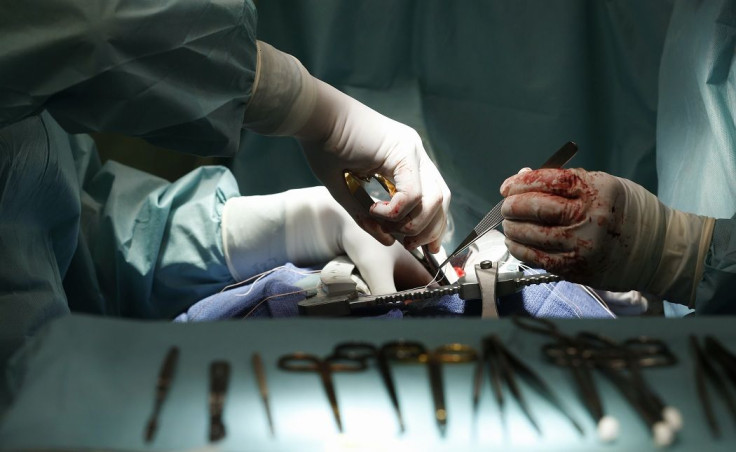Pretreating Liver Donors Can Boost Survivability to 93%

Injecting the antioxidant, N-acetylcysteine (NAC) into the donor of a liver transplant can increase the survival of the person who is receiving the transplant up to 90 percent.
The study published in American Association for the Study of Liver Diseases (AASLD) suggested that the antioxidant may help when the liver isn't as healthy, as it should be, but the transplant must take place to save a life.
The World Health Organization reports that in 2010 around 22,000 liver transplants were from live donors and 18,500 were from deceased donors. And there are currently 16,000 Americans waiting for a liver transplant.
"Liver transplantation is the standard treatment for end-stage liver disease," said lead author Dr. Francesco D'Amico from Padova University in Italy. "Antioxidants such as NAC could potentially reduce damage to deceased donor livers, improving graft function."
When the liver is transplanted after a period lacking blood supply, shock to the organ can negatively impact the function of the organ after transplant.
In the current study, 140 transplants were analyzed and 69 transplant candidates received the antioxidant before part of their liver was removed and the remaining 71 patients had a standard liver transplant procedure.
Survival rates for those who received livers that had come from donors that had received the antioxidant treatment were 93 percent and 90 percent at 3 and 12 months. For those in the group without the treatment, survival was 82 percent and 70 percent at 3 and 12 months.
In patients that received less than perfect livers, those treated with the antioxidant were 17 percent less likely to have organ dysfunction .
Dr. D'Amico finished the press release by saying, "Our study was the first randomized trial to investigate the use of NAC antioxidant infusion during the liver procurement procedure. We propose that NAC be used during organ harvesting to improve liver transplantation outcomes, particularly with the increased use of suboptimal organs. NAC has a good safety profile and the very low cost per patient, make this protocol highly cost-effective in consideration of grafts survival, length of hospital stays and post operative complications. Moreover we are performing further analyses to determine beneficial effects on the other organ procured with NAC protocol."
The article published in the journal Liver Transplantation here.



























